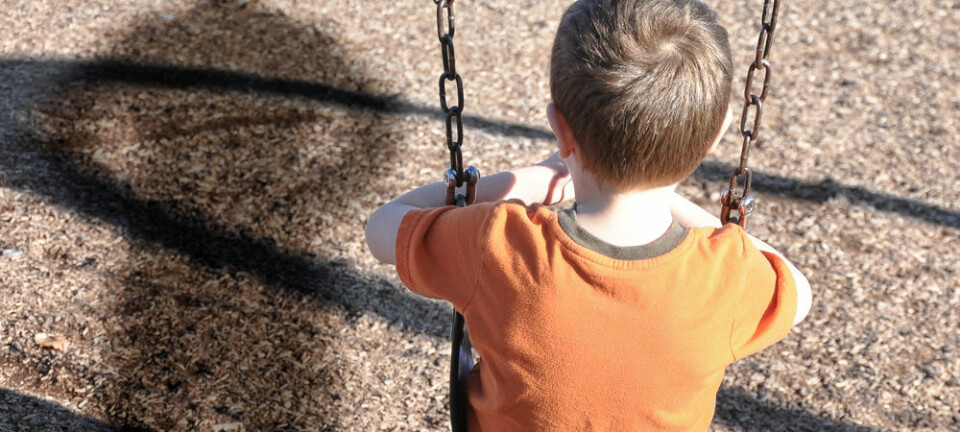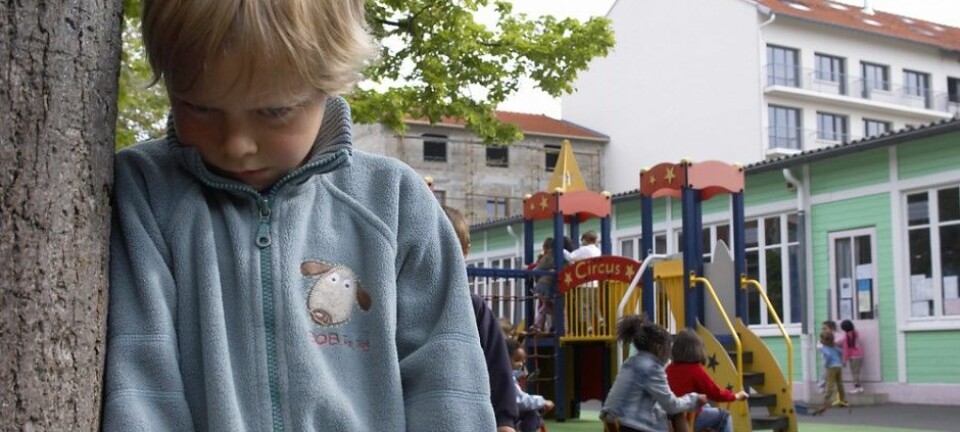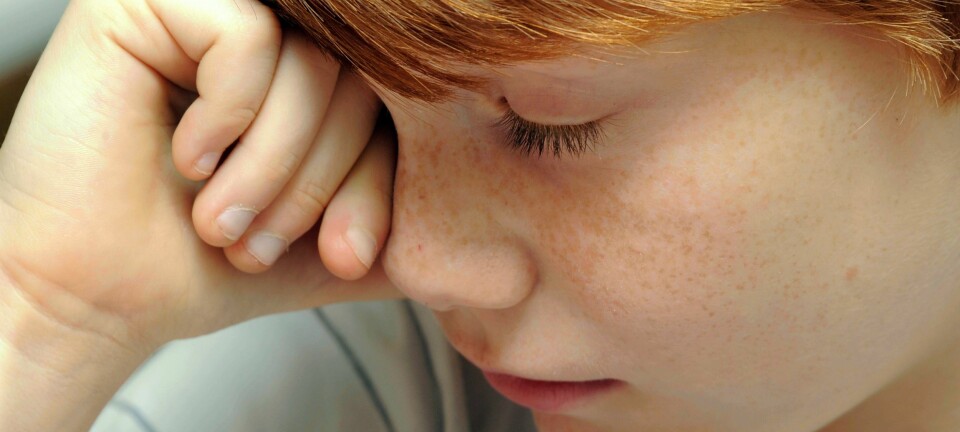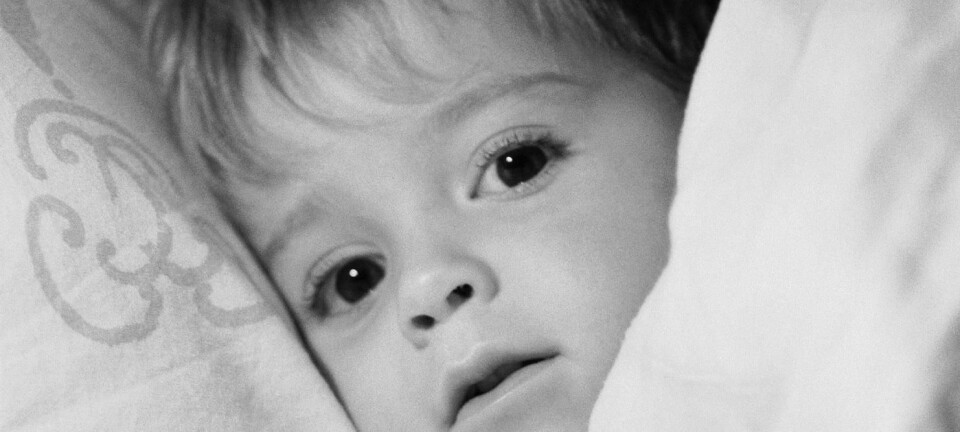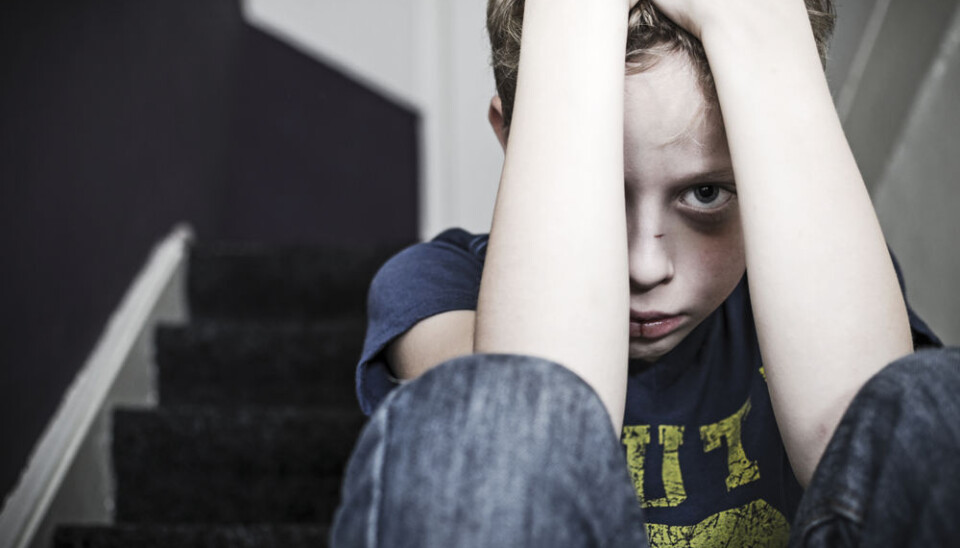
Antidepressants more than doubles the risk of children committing suicide
Antidepressants increase the risk of suicide among children and young adults, shows new research. This includes suicide attempts, suicidal thoughts, and self-harm.
Antidepressants should not be prescribed to children and adolescents, according to the authors of a new large study.
The researchers conducted a systematic review of all available data--including 70 trials comparing the effects of antidepressants with a placebo--in order to find out how antidepressants are related to suicide, suicidal behaviour, aggressive behaviour and akathisia--a form of agitation or restlessness associated with antidepressants.
In one of these trials, the researchers discovered that antidepressants doubled the risk of aggressive behaviour and suicidal behaviour among children and young adults.
Suicidal behaviour includes suicidal thoughts and attempts to commit suicide, as well as many types of self-harming such as wrist cutting.
“We recommend minimal use of antidepressants in children, adolescents, and young adults, as the serious harm [of the antidepressants] seems to be greater, and as their effect seems to be below what is clinically relevant,” writes Joanna Moncrieff, a senior research fellow in psychiatry at the University College London, UK, in an editorial that accompanies the study.
"There are still psychiatrists who deny that antidepressants can lead to suicide in children, which is absolutely incredible. I think it’s irresponsible to use antidepressants in children and adolescents," says co-author Peter Gøtszche, co-author of the new study and director of the Nordic Cochrane Centre at Rigs-hospital, Denmark.
The new results are published in the British Medical Journal.
Cannot compare slitting wrists with suicide
The new results do not surprise Anne Katrine Pagsberg, clinical associate professor and chief physician at the Child and Adolescent Center, Copenhagen University Hospital, Denmark.
"We are very aware of this risk--it’s nothing new for us,” says Pagsberg.
“We’ve long been aware that that there may be an increase in suicidal tendencies, especially in children and young adults. All our patients are closely monitored for this and the families informed about the risks," she says.
She stresses that national guidelines in Denmark are clear that antidepressants should not be the first line of defence, and should always go together with psychosocial interventions where patients are monitored closely for signs of negative behaviour.
Pagsberg also emphasizes that you cannot equate suicidal behaviour with self-harm.
"An act of self injury is a serious symptom. But a young person who cuts their arm doesn’t necessarily intend to commit suicide,” she says.
“This meta analysis shows an increased overall risk of suicide and self-harm in children and adolescents treated with antidepressants compared to placebo, but without a clear answer as to what is specifically contributing to the increased risk.”
Three per cent of children exhibited suicidal behaviour
Simon Hjerrild from the Department of Depression and Anxiety at Aarhus University, Denmark, agrees that self-harm and attempts at committing suicide are not directly comparable.
"Many suicides will be preceded by suicidal behaviour, but in this study they also categorised self-harm as a suicide attempt. This makes little sense in the real world as an incredible number of patients self-harm or have suicidal thoughts without wanting to die or act on them," says Hjerrild.
No children or young people from the 70 trials examined actually committed suicide. Three per cent of them had exhibited suicidal behaviour, compared with one per cent in the placebo group.
But it is futile to say that there is no relationship between suicidal behaviour and suicide, says Peter Gøtszche.
"There is no doubt that suicidal behaviour increases the risk of suicide, and there are other studies in which children have actually committed suicide because of the medicine's side effects," he says.
------------------------
Read the Danish version of this article on Videnskab.dk
Translated by: Catherine Jex
